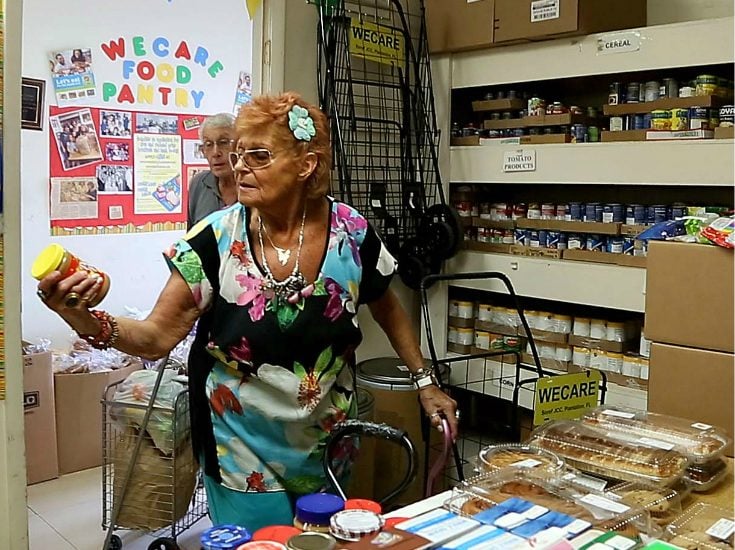KJIPUKTUK (Halifax) In this installment of Lives on Welfare new contributor Lila Mosher writes about her experiences of becoming dependent on income assistance unexpectedly.
The stigma of relying on a government-issued allowance is a weary burden many have to carry. I had heard the horror stories about people being treated poorly just because they needed the support to stay alive, but I never understood it until I became one of them.
All of a sudden I found myself a single mother of two, without child support and living in a condo I couldn’t afford any longer. I had lost my job as the company I worked for moved elsewhere.
Sure I had a nice cell phone, a car, nice clothing, you know, all the creature comforts I gained before ending up in the situation I found myself in. But money was no longer coming in, and I was poor and in need of help.
Imagine being told that owning a phone or having internet means you have too much to be “poor” and therefore don’t need assistance. Or how about having a social worker who tells you that $58 for the month is enough for food because you get your rent paid?
The $243 base amount you get as a single person on Income Assistance is supposed to pay all your bills, medical, clothing and transportation. Yet we are made to feel as if we’re leeches, just for needing help. Or we’re told that having a disability is just an excuse to be lazy. Or that it’s somehow our fault that a former partner’s abandoned his family.
Meanwhile, lacking transportation, we had no entertainment, no socialization or communication with those who mattered to stave off depression and other mental health problems.
The hardest part was having to use the food bank. This is where I learned of the stigma I’d face time and time again. I had to endure the whispers of “Why is she here, she obviously has money!” Shame piled on by those who didn’t know my story, a story I didn’t care to share at the time. Explaining that I had the education to move forward didn’t impress these hateful voices. “If you’re so smart, why are you here,” they’d say.
Facing such ridicule was hard, but looking for a job was even worse.
I obtained some extra skills through a work program I chose to do on my own. Once I finished it I started job hunting and the question, “So what did you do for employment the last eighteen months?” haunted me more times than I care to count.
The words of a former employer rang in my head; “I’ll never hire some welfare bum, they’re all lazy and useless.” I knew telling any potential employer I relied on income assistance was a surefire way to shoot myself in the foot.
I am working again, but I will never forget the fear and misery many poor people face day in and day out, how they are perceived by their peers and those around them. No one wants to be seen as lazy, or worthless. It eats at your very being and destroys your self esteem.
If you can, please support the Nova Scotia Advocate so that it can continue to cover issues such as poverty, racism, exclusion, workers’ rights and the environment in Nova Scotia. A pay wall is not an option, since it would exclude many readers who don’t have any disposable income at all. We rely entirely on one-time donations and a small group of kindhearted monthly sustainers.





No one is worthless.
This is a sad reality of many in the community. No one deserve to be stigmatised based on their circumstances or disabilities. The community should work hard in looking at people on social welfare or those unemployed as victims not people who are taking advantage of the system.
Funny, it was my mother who implanted that stigmatism that women on welfare just keep having children to stay on it. I frequently forget that some people actually have a legitimate need for the system and they’re not con artists like she was